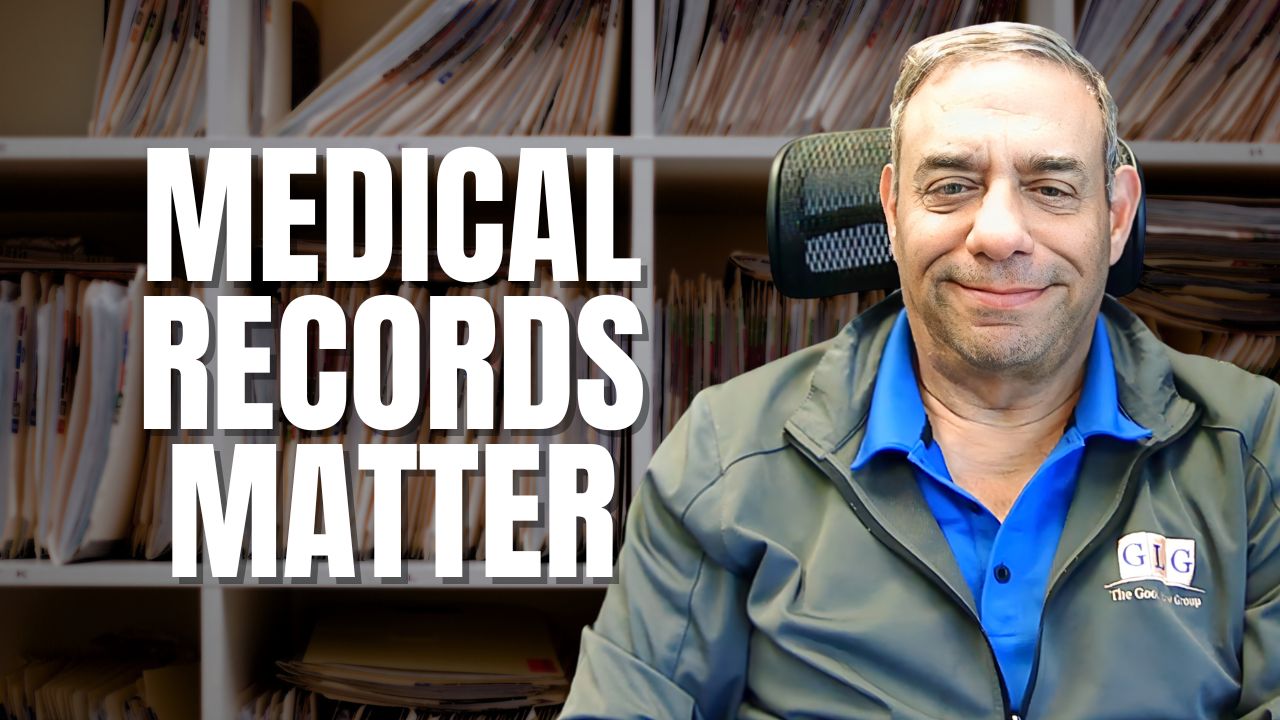Bipolar disorder, or manic-depressive illness, is a brain disorder that causes extreme shifts in a person’s mood, energy and activity level. These shifts cause the individual to experience periods of extreme elation and energy (manic episodes) and periods of extreme sadness or depression (depressive episodes), and affect his ability to carry out day-to-day tasks. The effects of bipolar disorder can be so negative that the Social Security Administration (SSA) has included it as a medical condition eligible for social security disability (SSD) benefits. Here’s what you should know about bipolar disorder and obtaining SSD benefits before you apply.
Bipolar Disorder as a Disabling Condition
The SSA blue book contains more than 100 medical conditions, each with their own set of criteria, that the SSA considers to be disabilities. If an applicant meets the listing criteria for a specific condition, the SSA will consider him disabled for purposes of receiving SSD benefits.
Bipolar disorder is included under section 12.04 of the blue book, which deals with affective disorders. The SSA considers an applicant diagnosed with bipolar disorder to be disabled if he experiences either of the following:
- Bipolar disorder, with at least three of the following:
-
- Hyperactivity;
- Pressure of speech;
- Flight of ideas;
- Inflated self-esteem;
- Decreased need for sleep;
- Distractibility;
- Involvement in activities with a high probability of, and disregard for, painful consequences;
- Hallucinations, delusions or paranoid thinking, or;
- Increase in goal-directed activity or psychomotor agitation.
- Depressive disorder, with at least five of the following:
- Depressed mood;
- Diminished interest in almost all activities
- Appetite disturbance accompanied by weight change
- Difficulty sleeping
- Observable psychomotor agitation or retardation;
- Decreased energy;
- Feelings of guilt or worthlessness;
- Difficulty concentrating or thinking; or
- Thoughts of death or suicide.
If you meet the criteria for either bipolar disorder or depressive disorder, your medical record must also show that you have one or more of the following mental functioning limitations:
- Understand, remember of apply information;
- Interact with others;
- Concentrate, persist or maintain pace, or;
- Adapt or manage oneself.
If you don’t meet the mental functioning limitations, it may still be possible to be eligible for SSD benefits if you can prove that your disorder is “serious and persistent”, meaning it has lasted more than a two-year period, ongoing treatment helps to diminish the signs of the disorder, and you have minimal capacity to adapt to changes or demands that are not already part of your daily life – for example, the ever-changing demands of a job.
Bipolar Disorder and Your Ability to Work
Proving that you meet the SSA’s criteria for bipolar disorder is only the first step in receiving benefits. You must also prove that you are unable to engage in substantial gainful activity because of your bipolar disorder. For 2017, the Social Security Administration defines substantial gainful activity as monthly earnings that exceed $1,170, or $1,950 for applicants who are statutorily blind.
With the help of therapy and medication, many people diagnosed with bipolar disorder can engage in some type of gainful activity. Obtaining a medical source statement from your treating physician, therapist or other specialist is therefore extremely important in helping to prove that your bipolar disorder prevents you from working in any capacity. A medical source statement is different from other documents in your medical record, such as medical notes, imaging and other documents that support the diagnosis, because it provides the disability examiner with information on what you cannot do because of your bipolar disorder. This is known as your residual functional capacity, or RFC. The fewer work-related tasks you can perform due to your bipolar disorder, the greater the chance that the SSA will approve your application for benefits.
Are you considering applying for SSD Benefits, or have you applied and been denied for SSD benefits? Consider the Law Office of Neil H. Good for your representation. Call us today toll-free at #(847) 577-4476 or complete this online form today.








